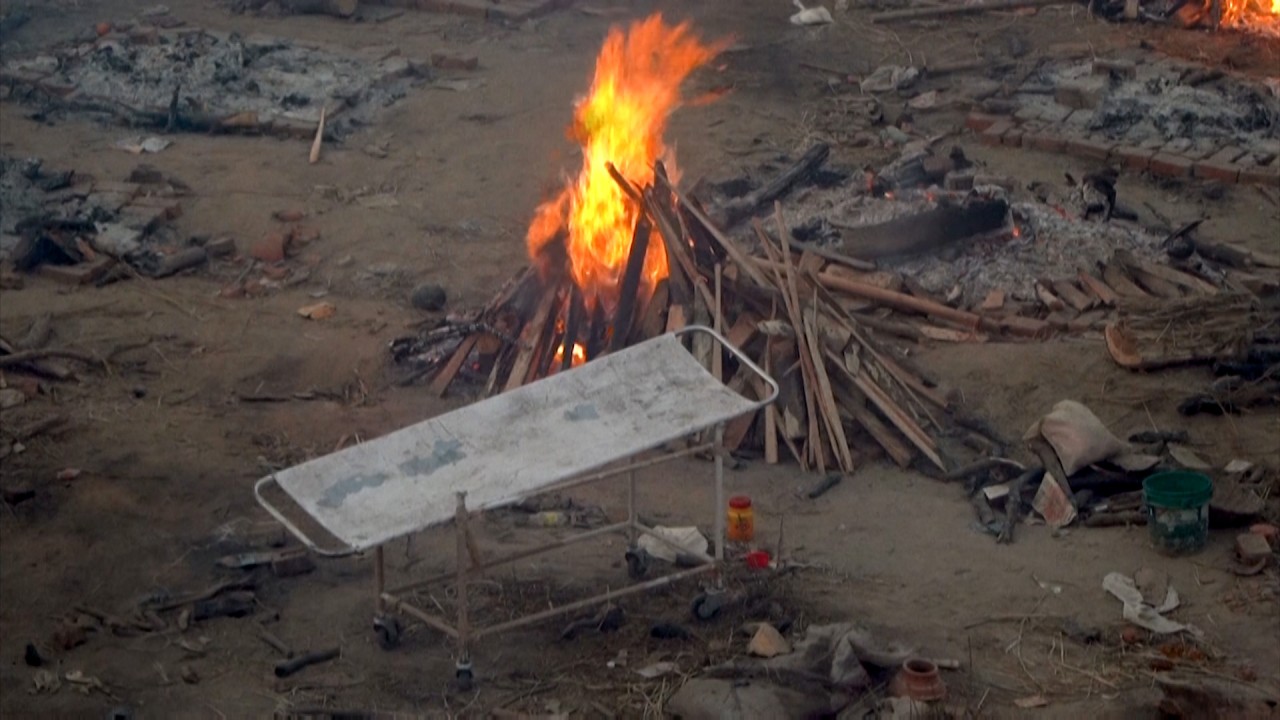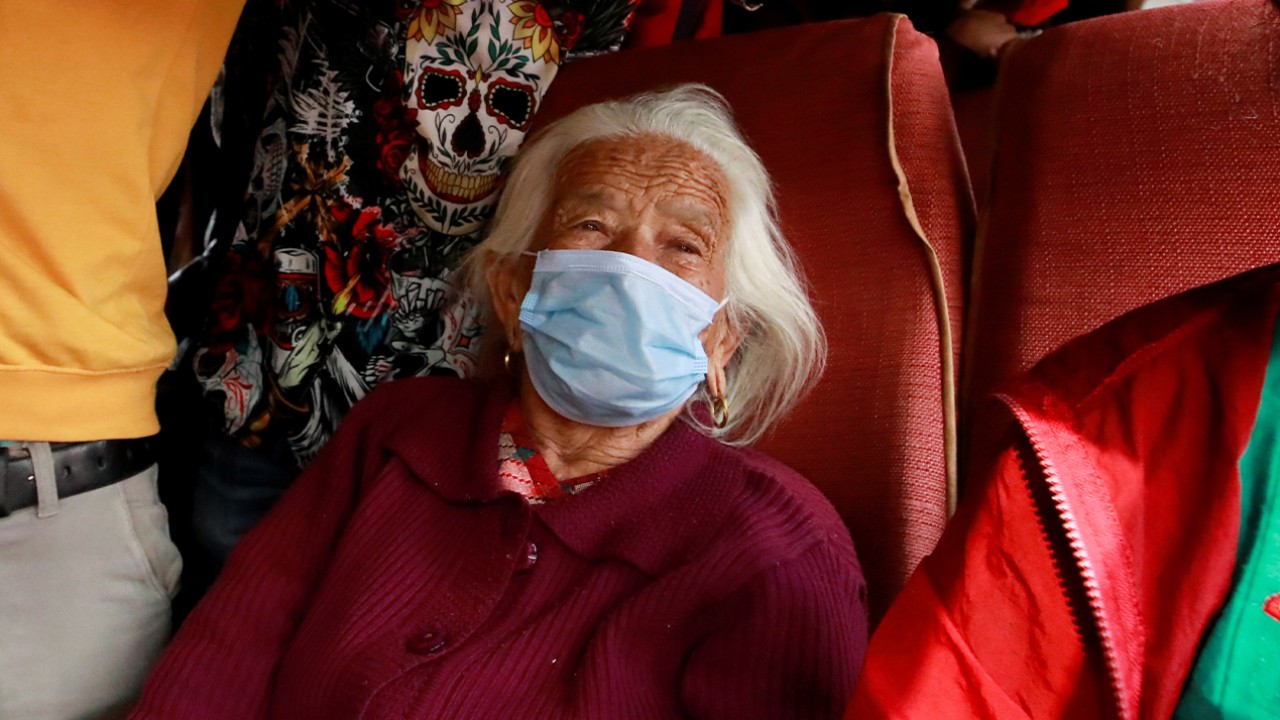
China seeks stronger ties in South Asia with united Covid-19 front
- Beijing fears rise in coronavirus cases in India could flow over into neighbouring countries and China, observers say
- India would understand if other nations in the region accepted help from Beijing, analyst says
But Wang said China would help India to deal with the coronavirus. India has reported more than 300,000 daily new infections for the last week, with the number on Tuesday reaching 320,000.
India sets record for Covid-19 cases with 375,000 in 24 hours
Observers said China felt an urgent need to foster ties with other South Asian nations for fear that the virus would potentially spill over from India.
“The reason why China is strengthening its ties with South Asia right now is because China is worried that what happened in India will happen in those countries – severe outbreaks and a shortage of medical supplies,” said Lin Minwang, a professor at the Institute of International Studies at Fudan University.
“Moreover, the borders of those countries and India are open. China is worried that Indian’s variant of the coronavirus will spread to China through South Asia.”
Liu Zongyi, secretary general of the China and South Asia Cooperation Research Centre at the Shanghai Institutes for International Studies, said it was highly likely that cases would rise in neighbouring countries and the reserve would include supplies such as testing kits.
“The reserve for emergency supplies would include materials dealing with Covid-19, like testing kits, vaccines and masks. Given that earthquakes, floods, droughts and hurricanes occur quite often in the region, there may also be tents, food, fuel and other relevant supplies in the reserve centres,” he said.
“Given China’s economic strength, it will provide the largest portion of the materials while South Asian countries will also contribute.”
Nurse, doctor and 3 patients test positive for Covid-19 at Singapore hospital
But Madhav Nalapat, a professor of geopolitics at India’s Manipal Academy of Higher Education, said China had large trade surpluses with the United States and India, so it was welcome to “spend that surplus on other countries in South Asia, provided that assistance is not in the field of nuclear weapons or missile technology, or on the military”.
“India has its own historical and societal connections with each of these countries,” he said. “These close bonds remain unaffected by efforts by [China] to establish close relationships with them ... Unlike some other countries which focus on establishing close ties with elites only, the influence of India is across all social groups, especially in South Asia.”
Mohan Guruswamy, chairman and founder of the Centre for Policy Alternatives in New Delhi, said India would understand if other countries in South Asia sought or accepted aid from China.
“India will not be able to spare vaccines or medical supplies till it gets into better shape,” he said. “I suppose the neighbors will have no choice but to rely on [China’s] Sinovac vaccine, even if it is only 67 per cent effective.”
Yan Wei, an international relations professor at Northwest University in China, said the outbreak in India had strengthened cooperation between China and South Asia, but that Beijing was not pursuing a zero-sum game with New Delhi.
Yan also said the emergency reserve was more likely to be virtual rather than a physical warehouse, with countries exchanging supplies as need arose.




